KWS Seeks to Raise National Park Fees by 50%
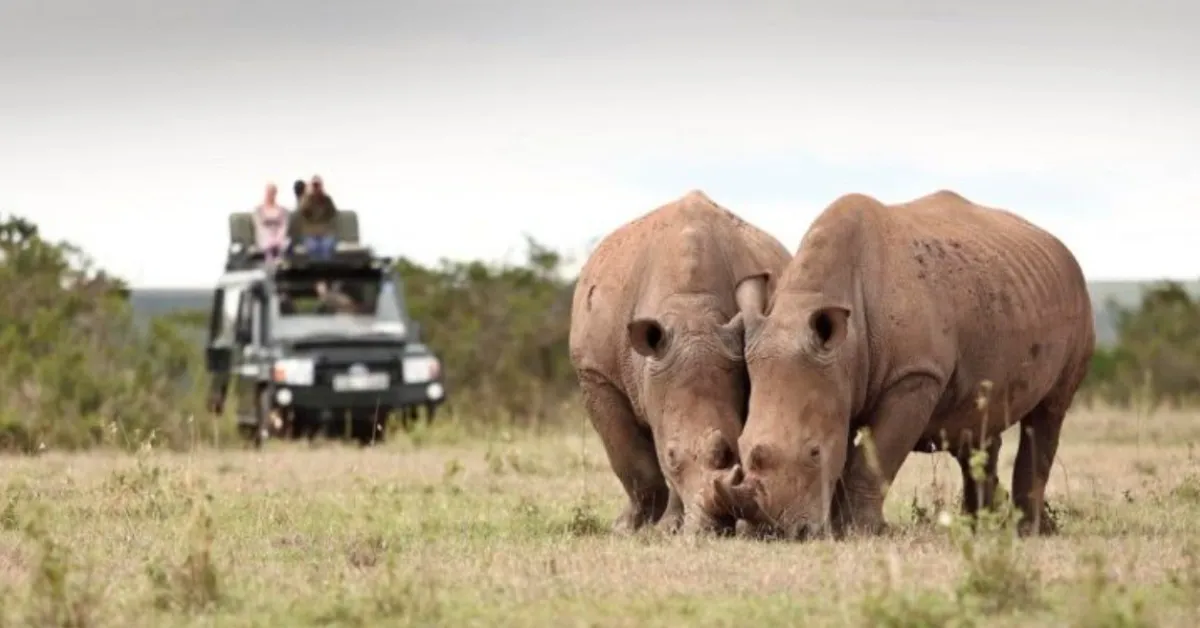
Kenya's tourism industry is embroiled in a heated debate following a proposal by the Kenya Wildlife Service (KWS) to significantly increase entry fees for national parks.
The proposed fee hikes, outlined in the draft Wildlife Conservation and Management (Access and Conservation Fees) Regulations, 2025, are intended to bridge a critical conservation funding gap, but stakeholders warn the move could jeopardise the nation’s ambitious goal of attracting 5.5 million international tourists by 2027.
If implemented, the new regulations would mark the first major fee revision in nearly two decades. Non-resident entry fees could surge by up to 50 percent, potentially reaching $90 per visit to premium parks such as Amboseli and Lake Nakuru. Domestic tourists would also face substantial increases, with entry to Nairobi National Park more than doubling for Kenyan adults.
KWS Director General Professor Erustus Kanga defends the proposal as essential to address a Sh12 billion annual funding shortfall. He notes that in the 2024/2025 financial year, KWS generated Sh7.92 billion against a total requirement of Sh19.79 billion. This deficit, exacerbated by inflation, stagnant income, and rising operational costs, has hindered the agency’s ability to combat poaching, restore degraded habitats, and manage human-wildlife conflict.
"This review is not just about revenue—it is about the survival of our wildlife and the resilience of our conservation systems," Kanga said, emphasising that over 90 percent of KWS’s internal revenue stems from tourism-related activities.
Tourism professionals, however, express grave concerns that the fee hikes could deter both international and domestic visitors, undermining recent gains in tourist arrivals. Jackyne Njau, a tourism experience strategist and founder of Memoir Hospitality, argues that Kenya’s wildlife heritage is fundamental to its tourism identity, predating modern infrastructure.
"Wildlife was our superstar long before we built resorts," Njau said. "It created the word 'safari’ and placed Kenya on the global map. But tariff and non-tariff barriers are eroding that achievement."
Njau cautions that the proposed $90 entry fee will diminish accessibility and trust, rather than enhancing the allure of Kenya’s parks. She advocates for reinventing the tourism product by transforming parks into immersive, story-driven experiences. Her vision includes storytelling lounges in Nairobi National Park, silent mobile safaris in Tsavo, and gamified eco-missions for children to deepen emotional engagement and encourage repeat visits.
Former Director of Tourism, Sam Okungu, echoes these sentiments, criticising the fee increase as misaligned with Kenya’s regional competitiveness. He urges government officials to proactively engage with counties to unlock untapped tourism potential. Benjamin Ndegea, advisor to the Domestic Tourism Association, warns that while the fee hike may yield short-term revenue, it risks long-term damage to Kenya’s tourism brand. He argues that wildlife tourism is a vital component of national identity and economic resilience, not merely a luxury.
"What is needed is not a heavier price tag but a richer, more imaginative offering," Ndegea said. "We must reimagine our parks as places of wonder and connection, not transactions. Let stories, not surcharges, be our selling point."
The debate highlights a tension between conservation financing and tourism accessibility. KWS projects that revised fees could nearly double park revenues to Sh16.58 billion by 2028. The Ministry of Tourism and Wildlife envisions the sector as a key driver of economic growth under Vision 2030, emphasising inclusivity, innovation, and sustainability.
The proposed fee structure has also been the subject of intense scrutiny for its potential impact on domestic tourism. With increased fees for Kenyan adults to enter Nairobi National Park, many contend that this could price out a significant segment of the local population, limiting their ability to connect with their national heritage and fostering resentment towards conservation efforts.
The economic implications of the proposed fee hikes extend beyond park revenues. Tourism is a significant contributor to Kenya’s GDP, providing employment and supporting local communities. A decline in tourist arrivals could have cascading effects, impacting hotels, tour operators, transportation services, and numerous other businesses reliant on the tourism sector.

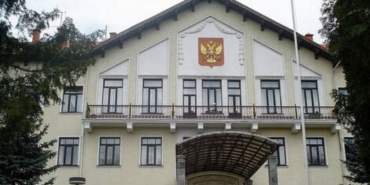

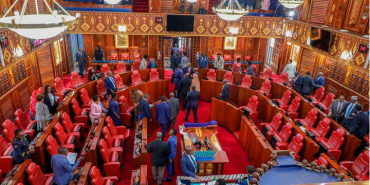


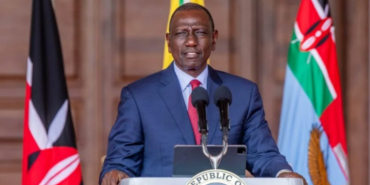
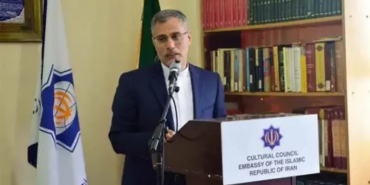
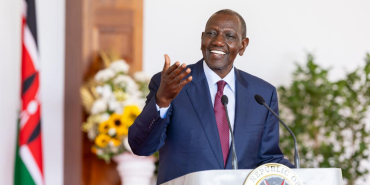
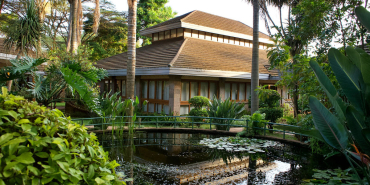
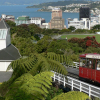


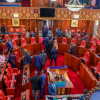
Add new comment